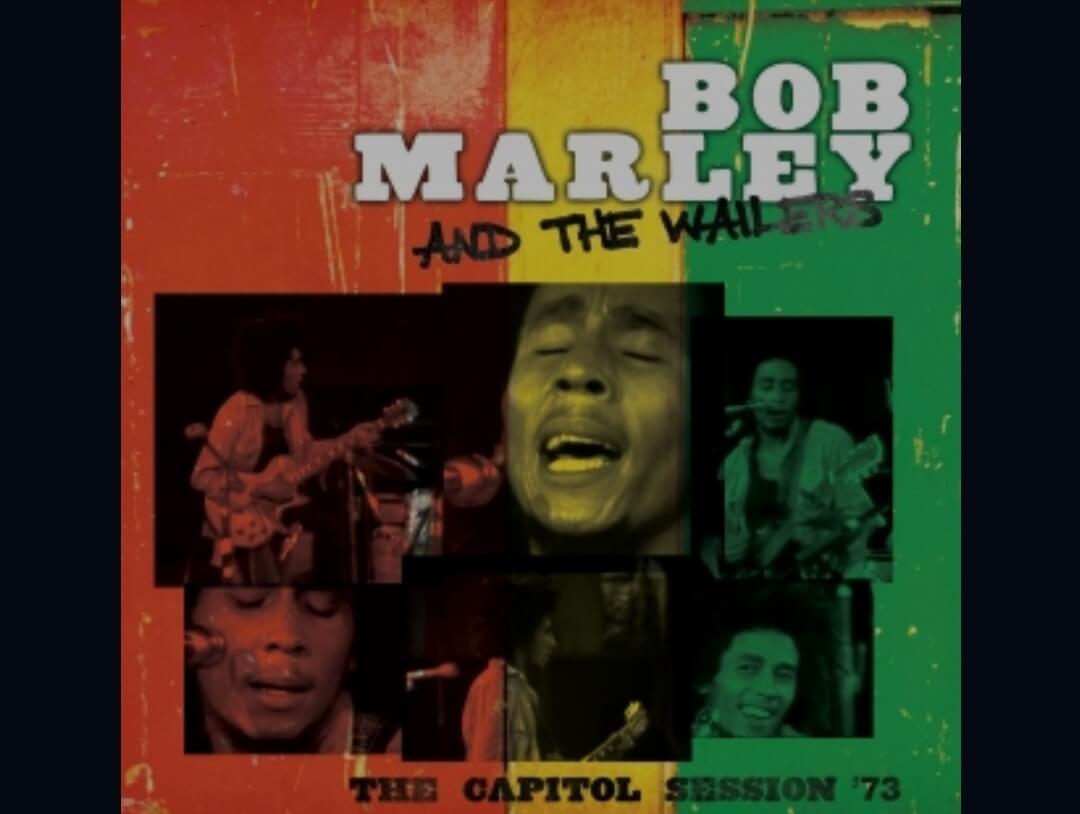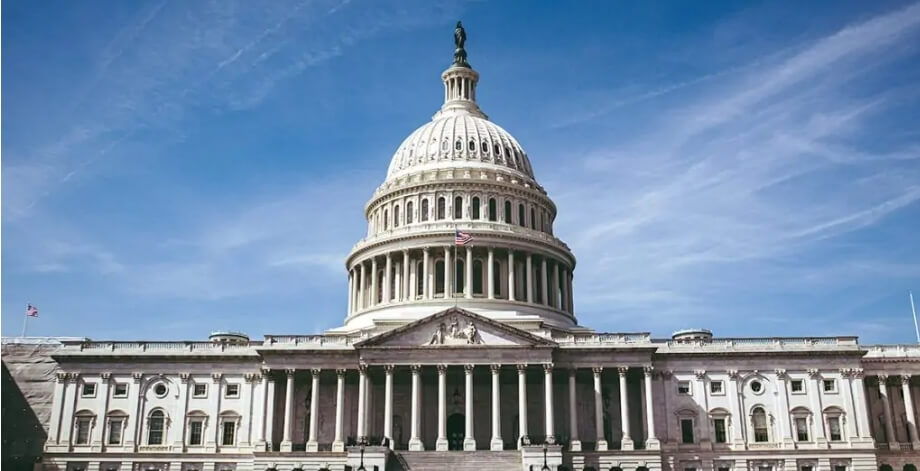Bitcoin And Other Virtual Currency Security Risk In Ghana


The usage of Bitcoin and kitiwa among other virtual currencies and markets pose severe risks to Ghana’s security says the country’s Financial Intelligence Centre. The assessment is based on available international records that show insurgencies have been funded from Ghana.
Saddled with combating money laundering and terrorist financing, the centre is now working to make Ghana the first country in West Africa to publish its national risk assessment.
Bitcoin usage increases as Africa moves to cashless economy
The country will also undergo the second phase of a regional mutual evaluation against money laundering in its readiness to fight the crime, added the centre’s CEO, Samuel Essel.
The assessment, designed in September 2014 to prevent money laundering and combat terrorist financing, is in line with the recommendations of the Financial Action Task Force (FATF) for countries to identify, assess, and understand money laundering and combat terrorist financing risks within their jurisdiction and then take action and apply resources to mitigate them.
More African countries are moving towards a cashless economy and more Africans are using Bitcoin particularly for its ease of use and transparency features.
Nethertheless, official statements that tie various electronic payment platforms including bitcoin to money laundering and terrorism financing create doubts in the larger population that is yet to understand the disruptive tendency of the digital currency.
Governments plan regulation
The situation has been worsened by the several plans mentioned by African governments to regulate bitcoin use across the region through relevant institutions with none having achieved anything concrete yet.
Rather, lingering talks of impending policies have become another factor that has added to the low level of public awareness about bitcoin to aid lack of interest in Africa’s growing fintech sector. In a position paper on virtual currencies by the South African Reserve Bank, it described Bitcoin, LiteCoin and Ripple as decentralised virtual currencies, stressing that there is potential for real growth of bitcoin in its current operational environment. However, the bank added that the currencies are not legal tender to be used as payment for the discharge of any obligation in a manner that suggests they are perfect substitute of legal tender in any part of the country.
Kenya and Nigeria cautious
The situation is the same in Kenya with Apex bank stating in December that no entity is currently licensed to offer money remittance services and products in Kenya using virtual currencies such as Bitcoin.
In Africa’s largest economy, Nigeria, its central bank has indicated its intention to regulate bitcoin use in the country specifically to deter its potential use for money laundering and terrorist financing.
All these are coming at a time when the world’s largest money transfer firm, Western Union, is investing in Digital Currency Group which supports bitcoin and blockchain startups, so as to keep its “eye on innovation” according to Western Union’s chief technology officer, David Thompson. Hence, it is believed that, with time, bitcoin validation from Western Union and other such global firms will improve awareness among Africa’s tech-savvy generation and mitigate the various layers of negativity about the digital currency.
Ghana ahead of others
Reassuringly, ongoing private sector initiatives will complement such efforts. In Ghana, for example, the FIC CEO mentioned the use of Bitcoin and Kitiwa as some of the most used mediums for money laundering since they use peer-to-peer technology with no central authority.
Still, some bitcoin-related projects have emanated from the country to global commendations – it had a workable DIY land title recorded on a developed and tested blockchain last year by Bitnation and the country produced the first company to create a bitcoin-producing farm this year.
However, whether and when a possible collaboration could be achieved among relevant stakeholders – and if such cooperation would settle the identified differences – for a common understanding of issues surrounding the growing use of bitcoin in Africa and other parts of the world will only be determined with time.
Source: Olusegun Abolaji Israel Ogundeji/cointelegraph.com
Oral Ofori is Founder and Publisher at www.TheAfricanDream.net, a digital storyteller and producer, and also an information and research consultant.





